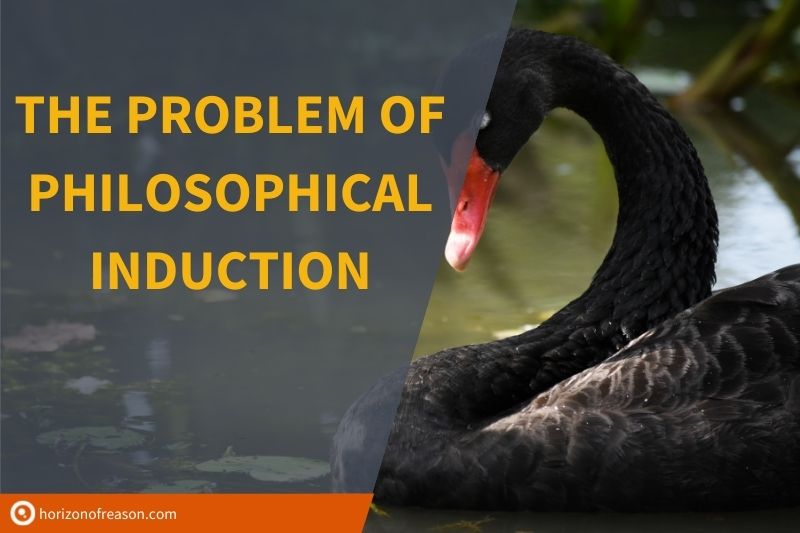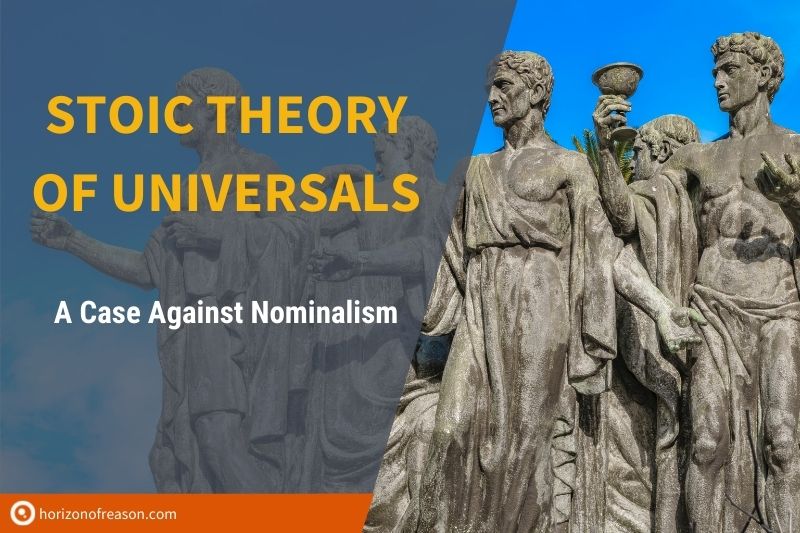Hume Arguments for the Problem of Induction
This essays disuccses the problem of induction. Can we generalise individual observations to universal become laws?
David Hume’s Scepticism of the External World
This paper discusses the arguments from constancy and coherence and argues that they are not as irrational as David Hume makes them out to be.
Innate Ideas: Blank Slate or a Veined Block of Marble?
Is our mind at birth a blank slate or a veined block of marble? This essay discusses views on innate ideas by John Locke and Gottfried Wilhelm Leibniz.
Friendship and Impartialist Ethics Friendship and Moral Intuition
Friendship and love are considered by most people as necessary aspects of a good life and this idea transcends different cultures and times.
An Ethical Relativism Example: Are Human Rights Universal?
Ethical relativism is the idea that ethics depends on cultural context. This article discusses an ethical relativism example.
Arguments for Hedonism: Pleasure for Individual Salvation
This paper discusses Epicurus’ the arguments for hedonism in his moral philosophy, which will be contrasted with John Stuart Mill’s theory of pleasure.
Stoic Theory of Universals: The Case Against Nominalism
This short essay discusses the stoic theory of universals and makes a case against nominalism.
Problems of Atomic Motion in Epicurean Philosophy
The theory or atomic motion was originally proposed by Democritus and was later continued by the Epicurean philosophers.







